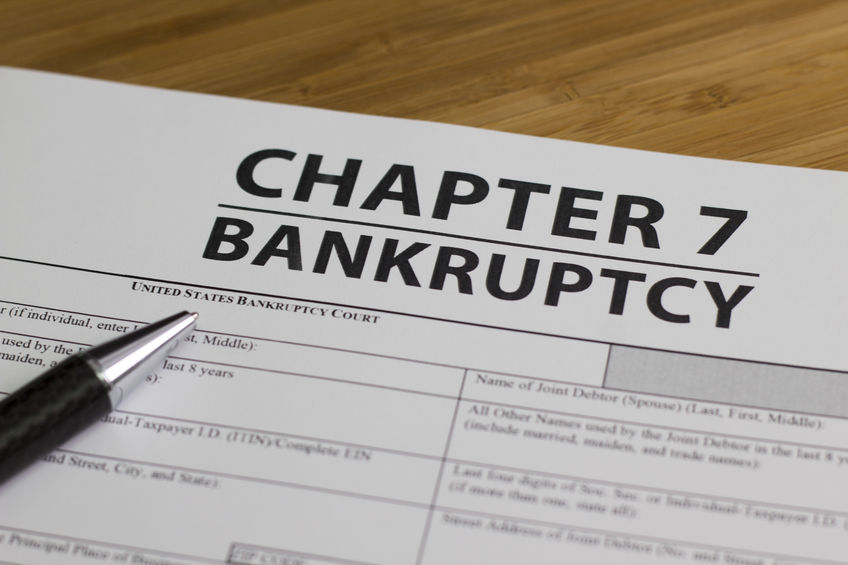Not everyone who files for or is considering bankruptcy is a financial expert or legal professional, and you shouldn’t have to be. Bankruptcy procedures and prerequisites are complicated and often confusing to the everyday people who bankruptcy affects. But we’re here to help make the process of filing easier, as well as helping people better understand the process overall. If you find yourself asking yourself what is Chapter 7 and how is it different than Chapter 13 or 11, or you’re wondering if you qualify under the stipulations of any chapter, here we cover the basics of the most common types of bankruptcy filings.
you shouldn’t have to be. Bankruptcy procedures and prerequisites are complicated and often confusing to the everyday people who bankruptcy affects. But we’re here to help make the process of filing easier, as well as helping people better understand the process overall. If you find yourself asking yourself what is Chapter 7 and how is it different than Chapter 13 or 11, or you’re wondering if you qualify under the stipulations of any chapter, here we cover the basics of the most common types of bankruptcy filings.
The types of bankruptcy, and which one might be right for you
- Chapter 7: This kind of bankruptcy is often called “Liquidation” and is a straightforward way to pay down debts. Chapter 7 bankruptcy involves selling assets and property to help pay down debts. While property and assets are being sold by a bankruptcy trustee in order to pay creditors, it doesn’t mean that all property needs to be sold. Many local or federal regulations have exemptions for things like main residence or personal items like clothes. Additionally, many debts are discharged under this plan, creating a sort of “clean slate” for individuals or families.
- Chapter 11: Often called “Reorganization,” under the guidelines of Chapter 11, a business or individual can undergo a reorganization or restructuring to help pay down debt and get a handle on expenses. Usually these kinds of reorganizations of finances help establish reasonable payment plans and allow businesses to continue to engage in their organizational operations, which are often necessary to continue earning revenue to pay against debts. Chapter 11 also works to discharge certain debts in order to make the debt load easier to manage and pay off. Once all required payments have been made against unsecured debts (like credit cards or other loans that don’t require any kind of collateral to be acquired), the filer can request a discharge of remaining debts.
- Chapter 13: This bankruptcy guideline, referred as “Adjustment of debts of an individual with a regular income” is meant to help individuals keep their property and is the best option for people who can keep paying their secured debt, like mortgages and car loans. Continuing to make these payments helps you avoid foreclosure and repossession. Because there is no gathering and selling of assets to pay off debt associated with this plan, such as in Chapter 7, you need to come up with a payment plan to show creditors how you will manage to pay back a certain amount of owed debt. Basically, in exchange for keeping your property, you need to develop other means of payment, but a bankruptcy filing helps establish this and allows you to better negotiate with creditors. Often under this filing people will pay back less than they owe, as part of the payment plan usually includes establishing a different debt amount where a business recoups only some of their money —sometimes only 30-50% of the original amount.
Having a better understanding of bankruptcy is the first step to knowing if it’s right for you. Thinking about losing or selling property is a scary thought to many, but the reality is that bankruptcy doesn’t mean all your stuff gets hauled off to auction. Additionally, the kind of bankruptcy you end up filing will depend on your unique situation, such as amount of property owned, amount of secure vs. unsecured debt, and other criteria.
If you have more questions or are just unsure about the filing process, give us a call today. Consultations are always free and with years of expertise in bankruptcy law, we have served as a guide, resource, and partner for Utah families through their bankruptcy process.

